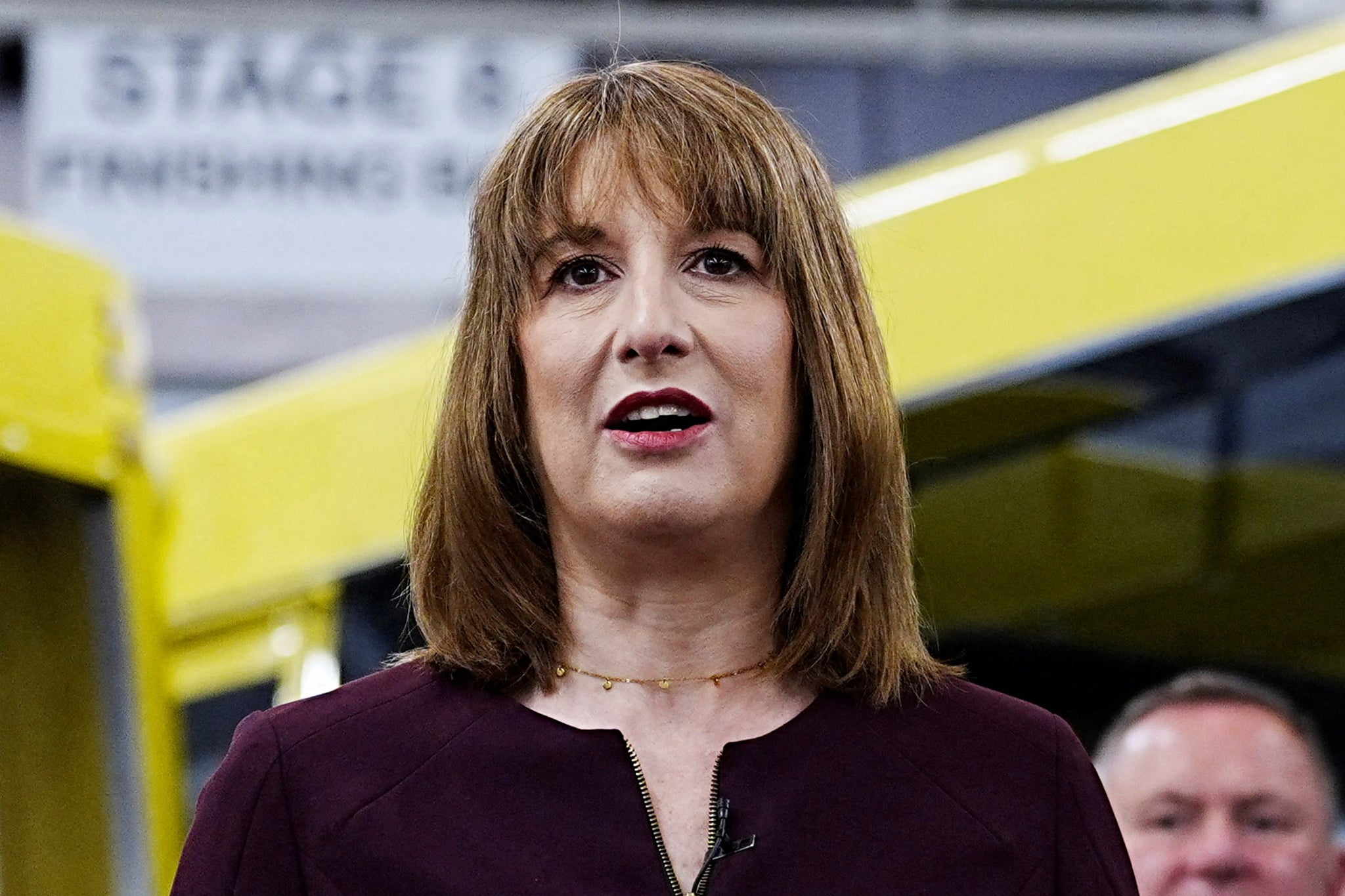ARTICLE AD BOX
Rachel Reeves is set to unveil an £86bn package for science and technology in next week’s spending review, ministers have announced, as several department brace for a swathe of spending cuts.
Regions will be handed up to £500m with local leaders given powers to decide how investment is targeted in their communities, the Department for Science, Innovation and Technology (DSIT) said on Sunday.
The overall package, which will be announced as the chancellor sets out departmental spending plans on 11 June, is expected to be worth more than £22.5bn-a-year by the end of the decade, the government said.
Ms Reeves is expected to unveil a swathe of spending cuts as she attempts to walk the tightrope between delivering on the party’s election promises while sticking within the bounds of her self-imposed fiscal rules.

But DSIT said “every corner of the country” would benefit from the package as local leaders will be given a say on how the money is spent on leveraging expertise specific to their communities.
In Liverpool, which has a long history in biotech, funding will be used to speed up drug discovery and in South Wales, which has Britain’s largest semiconductor cluster, on designing the microchips used to power mobile phones and electric cars.
The chancellor said: “Britain is the home of science and technology. Through the Plan for Change, we are investing in Britain’s renewal to create jobs, protect our security against foreign threats and make working families better off.”
Science and technology secretary Peter Kyle said: “Incredible and ambitious research goes on in every corner of our country, from Liverpool to Inverness, Swansea to Belfast, which is why empowering regions to harness local expertise and skills for all of our benefit is at the heart of this new funding – helping to deliver the economic growth at the centre of our plan for change.”
Local leaders including Labour North East mayor Kim McGuiness and West Midlands Mayor Richard Parker welcomed the package, but the Institute of Physics warned a longer-term strategy for science was needed.
Tony McBride, director of policy and public affairs at the institute, said: “To fully harness the transformational potential of research and innovation – wherever it takes place – we need a decade-long strategic plan for science.
“This must include a plan for the skilled workforce we need to deliver this vision, starting with teachers and addressing every educational stage, to underpin the industrial strategy. We hope that the chancellor’s statement on Wednesday will set out such a vision.”
Universities UK said the government had made a “smart investment” and academia would put its “shoulder to the wheel” behind the plans.
Vivienne Stern, chief executive of the group representing 142 higher education providers in Britain, said: “The UK has a real opportunity to sow the seeds of long-term growth, benefiting all parts of the UK – with universities spread right across the country working with industry and public sector bodies to turn discoveries into economic success.
“They stand ready to double down with government, building stronger links with sectors of the economy where we have real room to grow.
“This creates good jobs and attracts investment everywhere from Swansea to Aberdeen, from Barrow to Plymouth.”









 English (US) ·
English (US) ·